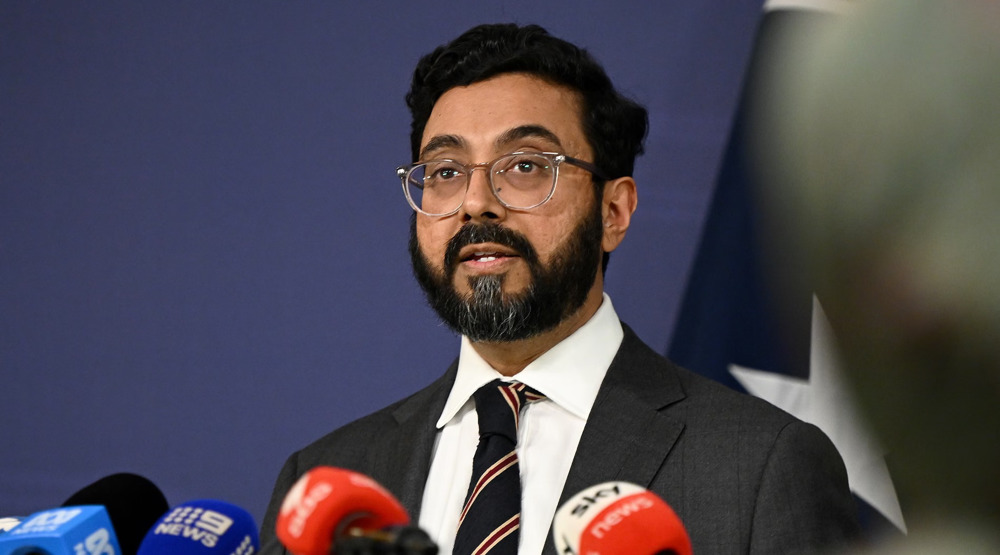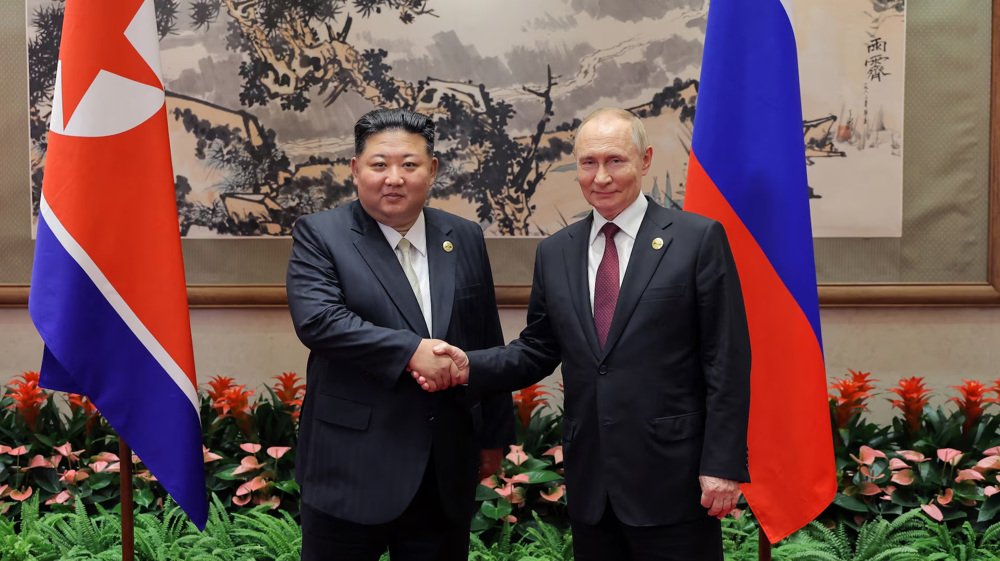Child malnutrition on rise in Myanmar’s Rakhine: EU agency
An EU agency says the number of severely-malnourished children has risen in Myanmar’s northern Rakhine State, which is home to the persecuted Rohingya Muslim minority.
The European Community Humanitarian Office (ECHO)’s regional nutrition coordinator, Roselyn Mullo, said last year’s floods dealt a new blow to the Rohingya-populated region in Myanmar.
“The frequency and diversity of foods they were eating had gone down,” Mullo said in the Thai capital of Bangkok.
“They had reduced meals from three meals to one meal a day, or they were just eating one type of food. Some were relying just on rice and water.”
Widespread floods hit across Myanmar back in October 2015. They worsened food insecurity by destroying crops, damaging rice paddies and contaminating water sources.
Elsewhere in her remarks, the EU regional coordinator said the number of severely malnourished children under the age of five climbed drastically to more than 1,500 following the floods. An additional 19,200 children under five were moderately malnourished, she added.
Mullo has warned that the number could even be higher in 2016.

ECHO runs a feeding program that gives children weekly rations of high-calorie and high-nutrient food in the volatile region. The program also includes weekly body measurements and the medical treatment of infections.
Over the past years, a large number of Rohingyas have fled Myanmar due to persecution at the hands of Buddhist extremists backed by security forces in the country.
In mid-June 2015, the UN Office for the Coordination of Humanitarian Affairs (UNOCHA) said nearly half a million members of the Rohingya community in Myanmar were in need of humanitarian aid.
The Rohingya are subjected to extensive discrimination and restrictions in Myanmar despite having been living there for centuries.
Myanmar does not consider the Rohingya as citizens; no other country does, either, leaving them virtually stateless. Many of them now live in displacement camps following the deadly violence by extremist Buddhists in 2012.
The violence against Rohingya Muslims in Myanmar has triggered an influx of refugees into neighboring countries, namely Thailand, Malaysia and Indonesia.
After US aggression against Venezuela, Mexico could be next: Report
Qalibaf: Protesters must be heard but foreign-linked agitators will be confronted separately
VIDEO | German government refuses to condemn US aggression against Venezuela
Venezuela’s acting president calls for peaceful coexistence, dialogue with US
Denmark, Greenland leaders urge Trump to halt takeover threats
Iran pioneers future of wound care with West Asia’s first smart nanocellulose dressing
Enduring bond: How Gen. Soleimani’s loyalty to Ayatollah Khamenei shaped his life and legacy
Israel commits 99 violations against Palestinian journalists in one month: Press union















 This makes it easy to access the Press TV website
This makes it easy to access the Press TV website